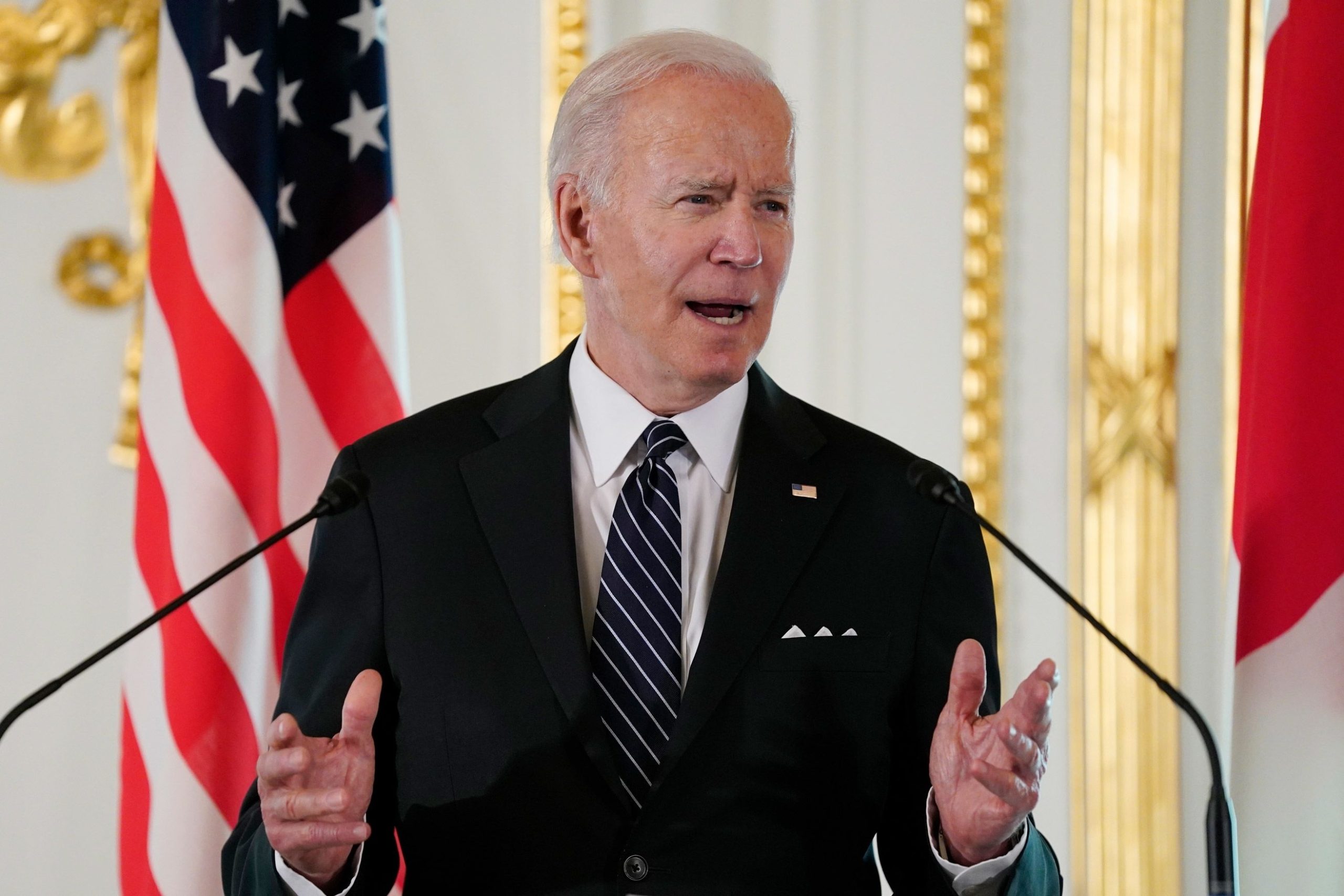GOP Bill Challenges Biden’s ‘Climate Corps’ Vision

In an assertive legislative move, Rep. Bob Good (R-VA) has introduced a bill to Congress with a clear objective: halt the progression of Joe Biden’s “Climate Corps” initiative, a program that could cost taxpayers $30 billion. The “No American Climate Corps Act” aims to prevent federal funds from supporting the establishment of Biden’s envisioned Climate Corps or any similar program.
Good has framed the Climate Corps as an extension of “Bidenomics,” which he asserts is stretching American family budgets thin due to rising energy prices. He suggests that the administration’s focus on a “climate army” could exacerbate regulatory burdens on businesses and fuel inflation further.
Good’s perspective resonates with conservative viewpoints prioritizing energy independence and economic stability over expansive government programs. His bill reflects a skepticism toward what he describes as an “attempt to mimic” President Franklin D. Roosevelt’s New Deal.
In late September, Biden announced his plan to train 20,000 young people in “jobs in the clean energy economy.” His program, inspired by historical precedence and progressive encouragement, has been endorsed by notable Democratic figures, including Sens. Ed Markey (D-MA) and Ron Wyden (D-OR) and Reps. Alexandria Ocasio-Cortez (D-NY) and Joe Neguse (D-CO).
However, House Republicans are pushing back, warning of the substantial costs associated with the administration’s climate strategies. They argue that the cumulative impact of legislation like the Infrastructure Investment and Jobs Act, the CHIPS and Science Act, and what Good terms the “Inflation Acceleration Act,” could total over $500 billion in climate-related spending.
The bill’s introduction has come when energy policies are under scrutiny. Critics like Good argue that Biden’s initiative diverts attention from immediate economic challenges, citing the necessity to reinforce American energy capacities rather than investing in what they perceive as a costly and potentially inefficient program.
The Justice40 Initiative, another target of the bill, is also under fire. It aims to direct 40% of the benefits from federal climate and clean energy spending to “disadvantaged communities.” Good and his supporters view this as a problematic fusion of environmental policy with social justice principles, which they believe could lead to misallocated resources and additional economic strain.
The American Climate Corps program, which did not make it into the Inflation Reduction Act due to cost concerns, is part of Biden’s broader ambition to transition the United States to a net-zero emissions economy by 2050. While environmental groups and progressive politicians have heralded these initiatives, their exclusion from the IRA has prompted the administration to seek alternative routes via executive action.
Good’s bill indicates a firm stance within the GOP against imprudent use of taxpayer dollars and an overreach of executive power. As the nation debates the right path forward on climate and energy policy, this bill serves as a testament to the enduring tensions between environmental activism and conservative economic principles.
As this bill moves through Congress, it will undoubtedly become a focal point for discussions on climate policy, government spending, and the role of federal initiatives in shaping the future of America’s economy and energy infrastructure. The outcome could define the trajectory of U.S. climate action and the balance between governmental intervention and market-driven solutions in the coming years.
























